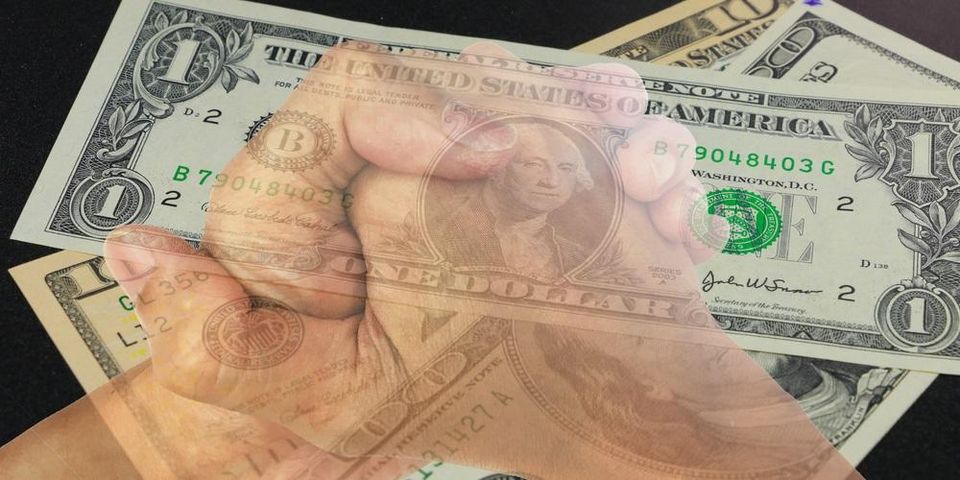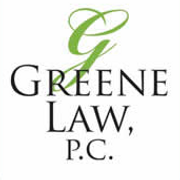
Deciding to file for bankruptcy can be liberating, but once you make the decision, you have another choice to deal with: which type of bankruptcy is right for you? There are six forms of bankruptcies in the U.S., but private individuals use Chapter 7 and 13. No matter which one you choose, both provide viable solutions for escaping crippling debt. As trusted bankruptcy attorneys in Connecticut, the experts of Greene Law, PC are happy to explain the differences between Chapter 7 and 13.
 To erase your debts entirely, choose Chapter 7 bankruptcy. This form of financial relief applies to most unsecured debts—those that aren't tied to an asset as collateral. Chapter 7 bankruptcy is fairly straightforward, but you will still benefit from the help of a skilled bankruptcy attorney. To qualify, you must demonstrate an inability pay off your debts. If you make too much money per year, the court may not approve your request.
To erase your debts entirely, choose Chapter 7 bankruptcy. This form of financial relief applies to most unsecured debts—those that aren't tied to an asset as collateral. Chapter 7 bankruptcy is fairly straightforward, but you will still benefit from the help of a skilled bankruptcy attorney. To qualify, you must demonstrate an inability pay off your debts. If you make too much money per year, the court may not approve your request.
Unfortunately, Chapter 7 bankruptcy may require you to forfeit assets to pay your creditors before the debts are erased. If you co-signed on a debt with a friend or family member, the debt won’t go away—it will simply fall on them.
Chapter 13 bankruptcy is the best way to hold onto your assets. However, this type requires borrowers to pay back their debts over time. Since designing and submitting a repayment plan can be complicated, hire a bankruptcy attorney who can streamline the process.
Chapter 13 is only suitable for debtors with a regular income who can make payments over three to five years. It also only applies to debts under a certain amount: $394,725 of total unsecured debt, or $1,184,200 of secured debt.
Each type of bankruptcy has its advantages and intended uses. For help choosing between Chapter 7 and 13 bankruptcy, contact Greene Law, PC at (860) 676-1336 or visit them online.
About the Business
Have a question? Ask the experts!
Send your question

